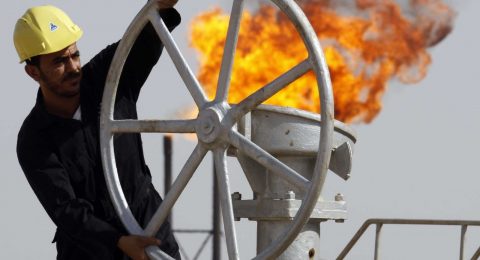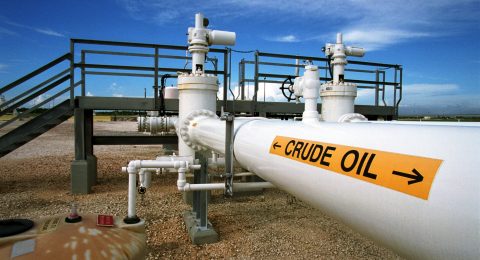Iraq plans to stop exporting crude from its northern Kirkuk oilfield to Iran in November in compliance with US sanctions placed on the Iranian energy industry, sources familiar with Iraqi oil exports told Reuters.
Iraq currently exports less than 30,000 barrels per day (b/d) to Iran via truck.
“Kirkuk oil trucking to Iran will be halted in November in line with the American sanctions against Iran. (State oil marketer) SOMO plans to sell 30,000 b/d from a small oilfield near Mosul as of November as an alternative. SOMO issued the tender on Thursday (October 25),” one source said.
In 2017, Iran and Iraq agreed a crude oil swap involving the Kirkuk field; Iraq shipped crude to Iran for refining, and Iran delivered an equivalent amount of oil to Iraq’s southern ports.
Iraqi Prime Minister Adel Abdul Mahdi said on October 25 that Iraq would prioritize its own interests and independence in the face of the impending imposition of US sanction on its close neighbor and economic partner Iran.
“The U.S. has been putting pressure on Iraq to suspend shipments of oil to Iran and to resume Kurdish oil flows towards Turkey. If Turkey gets more oil from Iraq, it will be more difficult for Ankara to argue it needs a U.S. waiver to continue buying Iranian oil,” a source familiar with Iraqi oil export operations told Reuters.
Former prime minister Haider al-Abadi’s outgoing federal government had agreed a deal in mid-October with the Kurdistan Regional Government (KRG) to export crude to Turkey’s Ceyhan port via the KRG, the sources said.
The deal is now subject to the final approval of Abdul Mahdi and Oil Minister Thamer Ghadhban.
“Kurdish authorities reached a deal with Abadi’s government to resume Kirkuk exports and it was decided that the final say should be left to the new government and oil minister to sign a final deal,” one source said.











